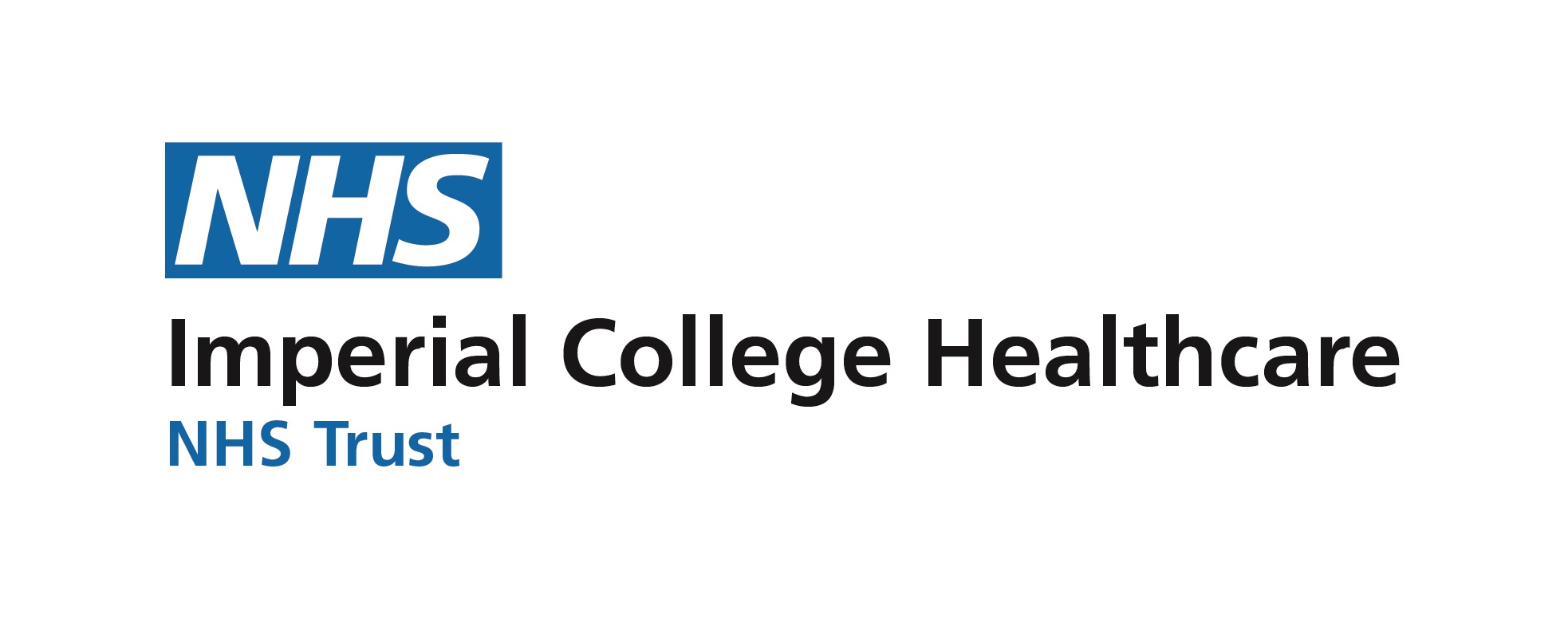PANORAMA
PArkinson’s Non-Invasive Volatile ORganic Compound Analysis and Microbiome Assessment
Our funders


NIHR Clinical Research Network portfolio adoption:
CPMS ID: 52823
Sponsor: Imperial College London
Funding: Wellcome Trust, Rosetrees Trust

Background
Parkinson’s disease (PD) is the second most common neurodegenerative disorder, with a rapidly increasing incidence [JAMA. 2020, 323 (6), 548-560]. The diagnosis of PD is primarily based on the presence of specific motor symptoms such as bradykinesia, rigidity, and resting tremor. These symptoms manifest when the underlying pathological process is already in its mid-to-late stage, where progressive accumulation of Lewy body proteins and loss of melanised dopaminergic neurons in the substantia nigra pars compacta region of the brain is advanced.
Early diagnosis of PD, at the pre-motor clinical stage, may allow putative neuroprotective or disease modifying agents to confer their greatest potential benefit. However, a diagnostic pathway for early/pre-motor PD does not currently exist. Additionally, there is currently no accurate biomarker which can be used as a surrogate outcome measure in neuroprotective or disease modifying research.
Previous studies have demonstrated that some gastrointestinal symptoms associated with PD manifest years before the classical motor symptoms. These could result from alterations in the gut microbiome composition, as well as intestinal inflammation [NPJ Parkinson Dis. 2021, 7 (1), 27]. This novel concept would make the gut microbiome an important target for the development of early diagnostic pathways.
The alteration of microbial populations in the gut can lead to changes in the production of molecular mediators, such as volatile organic compounds (VOCs). These compounds are present at a systemic level, produced by both cells and bacteria, and their production can be modified by alterations in cellular metabolism or bacterial composition. As a result, alterations in the composition of VOCs detected in breath samples can be analysed to identify potential changes resulting from the microbiome, such as the dysbiosis typical of PD.
In addition, several studies recently highlighted the role of extracellular vesicles (EVs) in the prognosis of PD, depicting the vesicles as potential mechanisms for disease propagation [J Neurochem. 2021, 157, 413-428]. EVs are hypothesised to be involved in the communication between the microbiome and the host organism, carrying a multitude of compounds originating in the gut. They can be found in plasma and may be enriched with molecules related to the disease state, hence the characterisation of EV content can help us to better understand pathogenesis and PD progression. While many components of EVs have been well-characterised in PD, the volatile fraction has not yet been explored.
PANORAMA (currently recruiting)
Participating centres:

Aims:
1. To identify a unique breath VOC signature associated with PD.
2. Characterise gut bacteria populations with a high-resolution metagenomic approach in people with PD and healthy controls.
3. Identify associations between VOC and gut microbiome.
4. Investigate the role of extracellular vesicles, exploring their molecular content in PD progression.
Methods:
PANORAMA is a cross-sectional study. 120 participants will be recruited in total: 50 patients on treatment for PD, 50 healthy controls and 20 patients with de-novo PD who are not yet on medication for their PD. Breath and blood will be collected at the outpatient clinic, while stool collection will be performed by volunteers themselves at home using Fecontainer devices.
Breath will be collected in thermal desorption (TD) tubes and sent to the Imperial College London VOC Laboratory to be analysed with two different gas-chromatography time-of-flight mass spectrometry instruments (polar and mid-polar analytical columns). Blood will be immediately processed after collection and stored until EV analysis, which will be performed using flow cytometry. Stool samples will be used for bacteria characterisation. Bacterial DNA will be extracted for whole genome sequencing.
Contact
For more information relating to the study, please get in touch with Ilaria Belluomo, via email: i.belluomo@ic.ac.uk
